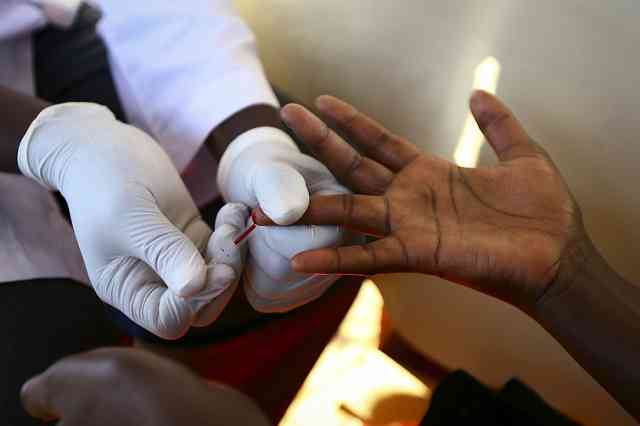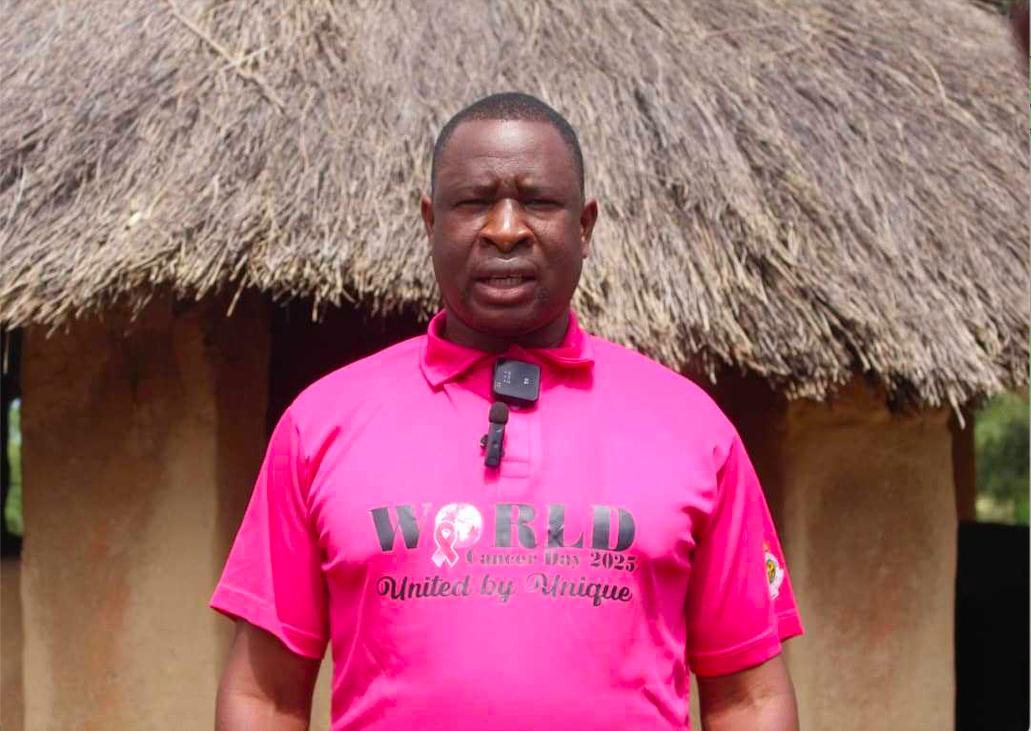
THE Women's Coalition of Zimbabwe (WCoZ) has blamed a surge in HIV infections in Mashonaland Central’s Mazowe district to an influx of artisanal miners.
In a situational analysis report, WCoZ said outsiders seeking economic opportunities in the district often go there without their spouses and engage in sexual relationships that result in unplanned pregnancies and the spread of sexually transmitted infections (STIs)
“The increase in HIV and STI infections can be attributed to various factors, including the influx of artisanal miners and temporary residents in new urban locations,” reads part of the report.
“It is important to note that the district’s rich natural resources such as gold and fertile soils have attracted many people.”
“Furthermore, artisanal miners specifically target teenage girls, leading to a concerning rise in HIV and STI infections among this vulnerable group.
“In addition, teenage girls in farming compounds have also been affected by these infections.
“Another group of concern is the ‘cabin masters’, temporary caretakers of stands, who engage in exploitative relationships and promptly relocate to evade detection.”
WCoZ said tracing of new HIV cases was a challenge because most of the artisanal miners were nomadic.
- Women cry foul over unpaid care work
- Toxic environment driving away prospective female politicians
- Zim wins bid to host ICASA 2023
- ICASA 2023 officially unveiled
Keep Reading
“Mashonaland Central Province is experiencing a severe shortage of condoms and STI medicines,” the report added.
“This scarcity exacerbates the rising number of STI infections within Mazowe district.
“Furthermore, low health-seeking behaviour among teenage girls contributes to their heightened vulnerability to STIs.”
WCoZ called for the improvement in access to testing and treatment of sexually transmitted diseases and early detection of HIV with a specific focus on young women and girls in the community.
“There should be the strengthening of multi-sectoral collaboration and oversight and also the strengthening of collaboration between public health institutions and child protection agencies to provide comprehensive healthcare services for vulnerable minors,” it added.
“There should be enforcement of laws and policies protecting vulnerable populations while advocating for the Zimbabwe Republic Police to enforce existing laws on child marriages and sexual exploitation of children in the area.”









